Kindergarten, Here We Come! A Kindergarten Readiness Checklist to Get Your Child Ready (Plus Activities & Books)
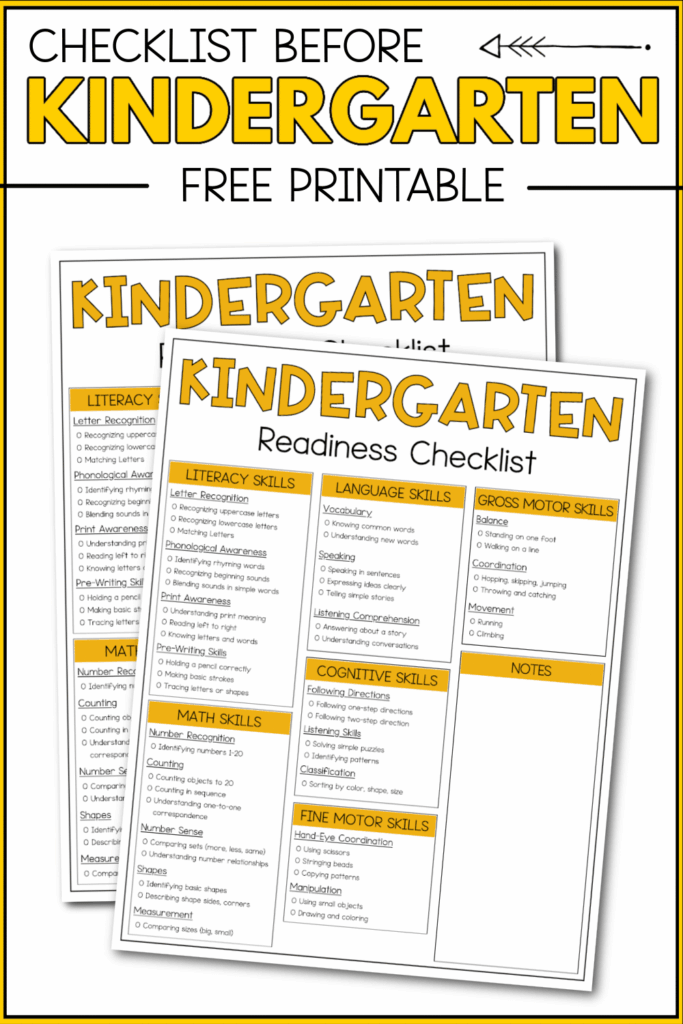
Starting kindergarten is a huge leap — not just in age or academics, but in confidence, independence, and daily routines. For many parents, it’s both exciting and emotional. You may be wondering: Is my child ready? What should we work on this summer? Do we need to “teach” anything at home? Here’s the truth: you don’t need to recreate school at home to prepare your child for kindergarten. You simply need the right tools to support their growth — and one of the best tools is a Kindergarten Readiness Checklist.
This checklist isn’t about pressure or perfection. It’s about helping you nurture the skills your child will use in the classroom — and showing you how everyday play, conversation, and storytime can build those skills naturally.
Let’s walk through what kindergarten readiness really looks like — and how you can gently support each area at home.
This post contains Amazon Affiliate Links. I earn a small commission when you purchase using my link, at no extra cost to you!
Literacy That Starts With Curiosity
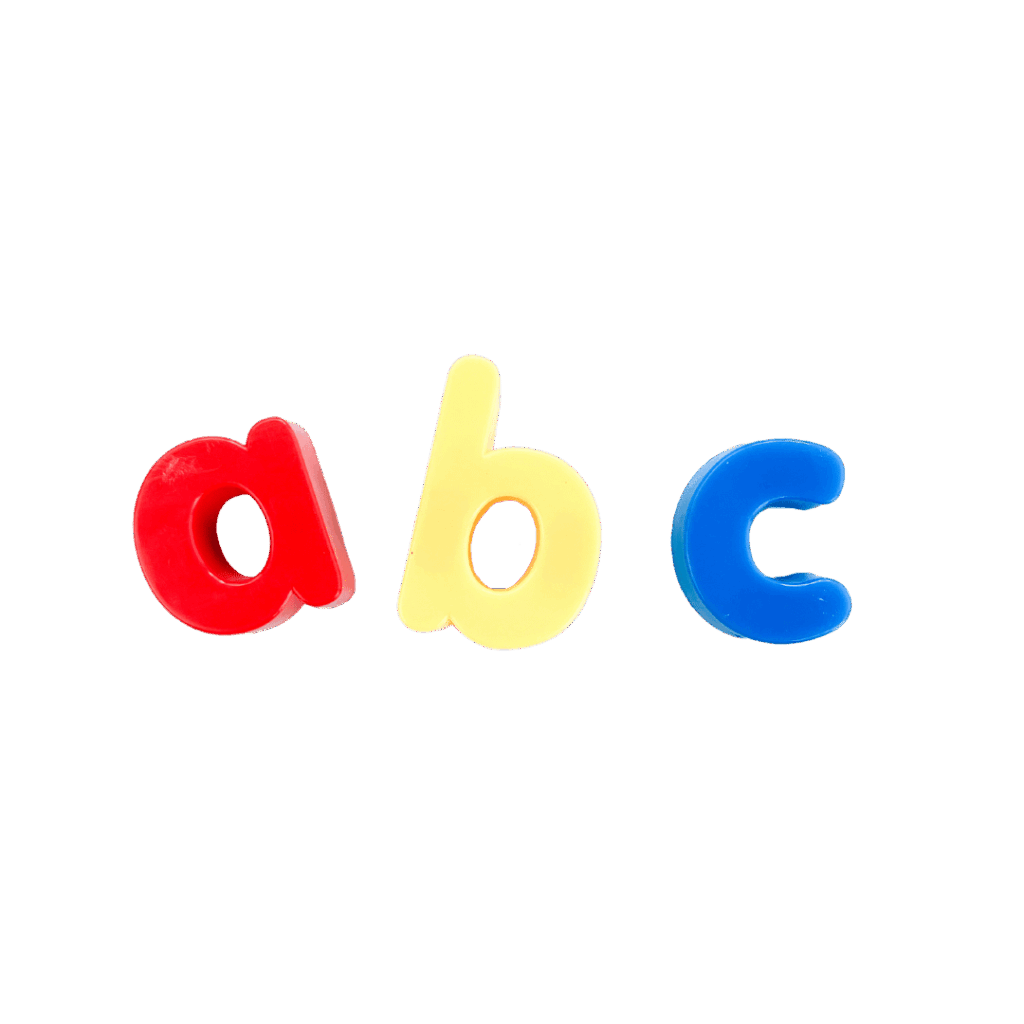
At this stage, literacy is all about recognition, rhythm, and readiness. Children entering kindergarten should start to recognize uppercase and lowercase letters, match letters, and understand that words carry meaning.
But you don’t need flashcards to make this happen. Reading together every day builds more than vocabulary — it fosters connection and a love of stories. Try pointing to words as you read and asking, “Can you find the letter M?” or “What sound do you hear at the beginning of moon?”
Introduce rhyming games, silly songs, and alphabet puzzles. Encourage your child to hold a pencil, draw shapes, or trace their name — those early pre-writing skills are the building blocks of future writing.
Try reading:
- Bear Snores On by Karma Wilson — A great example of rhyme and rhythm.
- ABC What Can She Be? by Sugar Snap Studio — Letter learning meets empowerment.
- If You Give a Mouse a Cookie by Laura Numeroff — Builds sequencing and storytelling skills.
Math Through Movement and Play
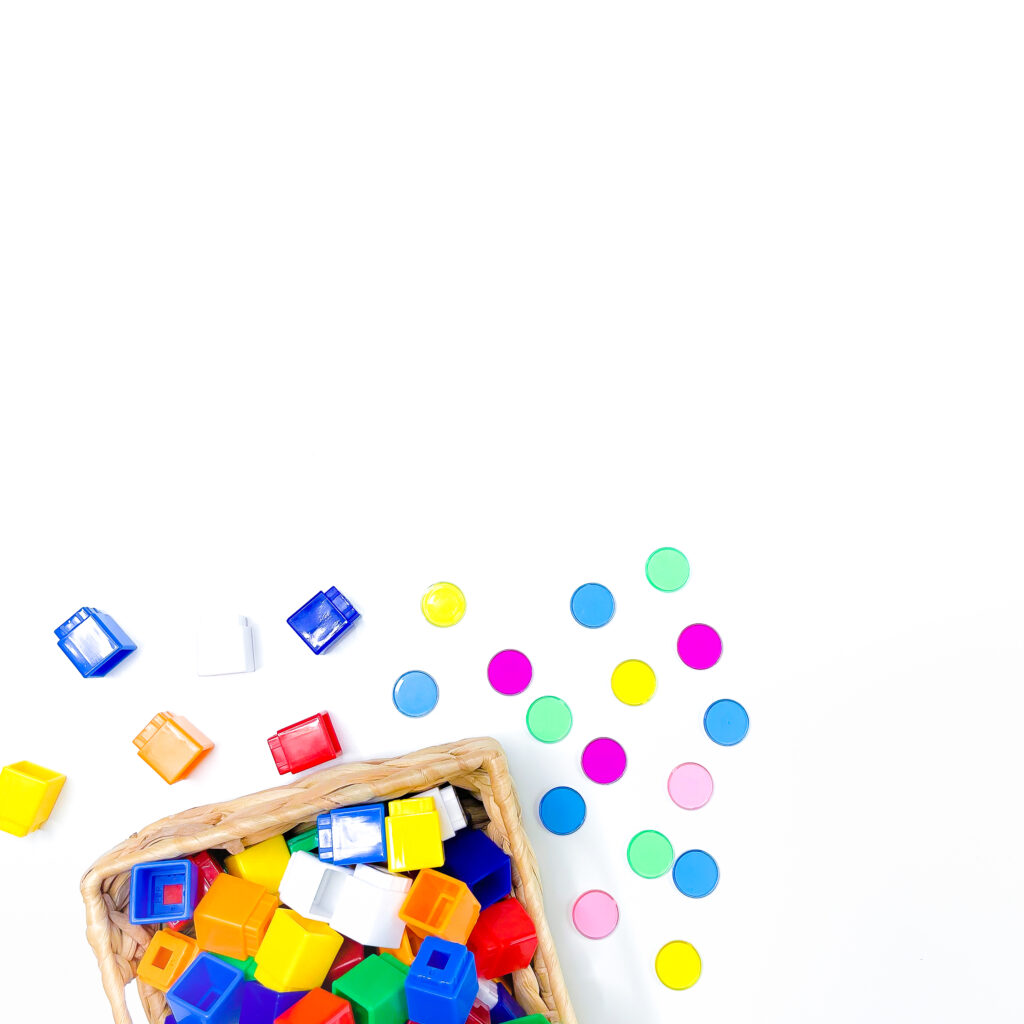
Math for kindergarten readiness is rooted in hands-on experience. Children should begin identifying numbers 1–20, count objects with one-to-one correspondence, and understand concepts like more vs. less or big vs. small.
These concepts come to life when your child is stacking blocks, pouring sand into cups, or sorting socks by size. Math lives in the real world — at the dinner table, during bath time, and even while grocery shopping.
Want to go deeper? Create counting games with toys, explore patterns with beads or stickers, and talk about shapes on road signs or cereal boxes. And don’t underestimate the power of a good counting book.
Book ideas for early math:
- Ten Little Ladybugs by Melanie Gerth — Engaging and tactile for counting.
- Shape by Shape by Suse MacDonald — Explores shapes in a creative format.
- The Doorbell Rang by Pat Hutchins — Introduces sharing, division, and subtraction playfully.
Big Thinking for Little Minds
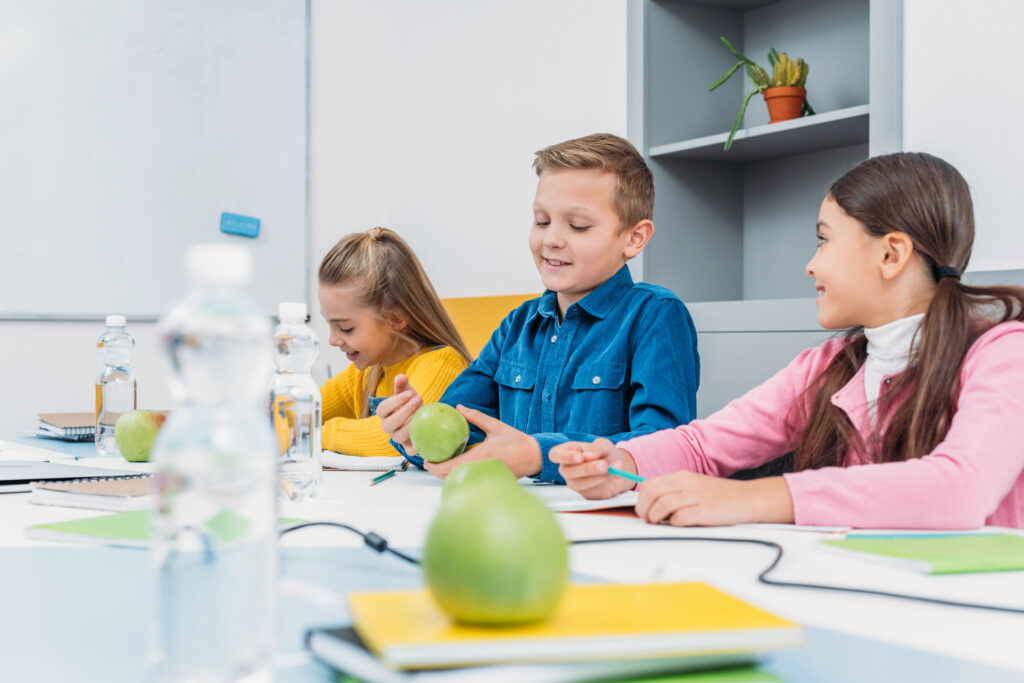
Cognitive skills aren’t just about solving puzzles — they’re about learning to follow directions, recognize patterns, and sort the world around them. At this age, kids should begin following both one- and two-step directions, solving simple challenges, and classifying by color, shape, or size.
This doesn’t require formal lessons. It might look like sorting laundry into “socks” and “shirts,” following a recipe together, or working on a favorite jigsaw puzzle.
Try asking questions like, “What comes next?” or “What’s the same about these two things?” to encourage deeper thinking. These everyday moments help build attention and logical reasoning.
Smart story picks:
- Not a Box by Antoinette Portis — Sparks creativity and problem-solving.
- Pattern Bugs by Trudy Harris — Fun and rhythmic with a focus on pattern recognition.
- What Do You Do With a Problem? by Kobi Yamada — Gentle introduction to resilience and thinking through challenges.
Language Skills That Spark Expression
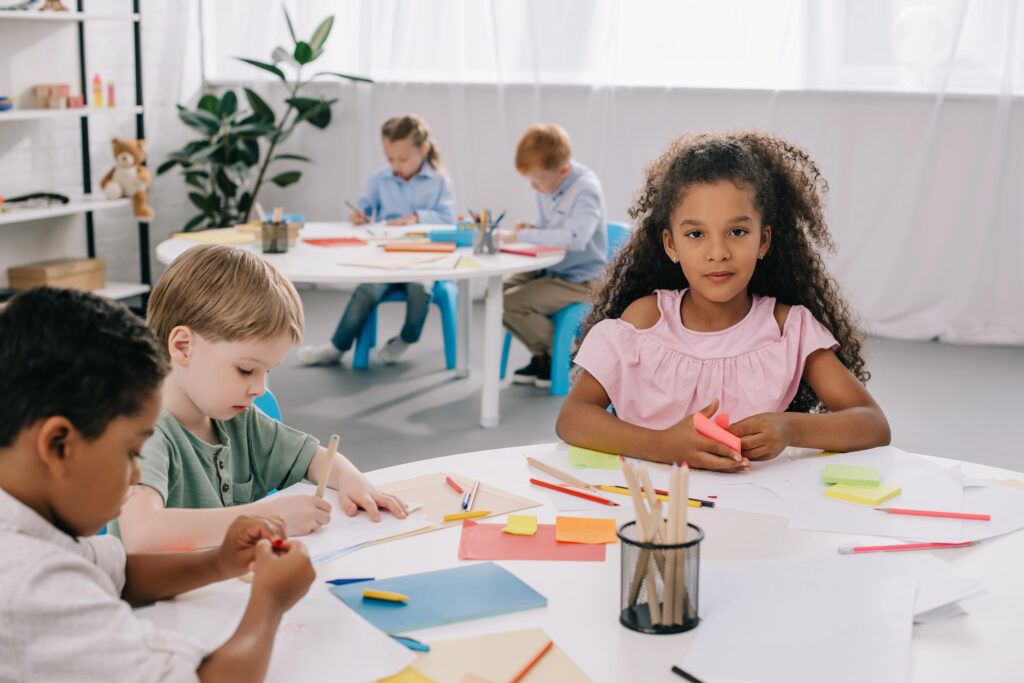
Strong communication is the foundation of successful learning — and kindergarteners are just beginning to express themselves clearly. At this stage, they should be speaking in full sentences, asking questions, telling short stories, and understanding basic conversations.
Support this by giving your child plenty of time and space to talk. Ask open-ended questions like “Why do you think that happened?” or “Tell me more about your picture.” Even narrating your daily routines helps grow their vocabulary and comprehension.
Great books for language development:
- The Pigeon Wants a Puppy! by Mo Willems — Fantastic for voice, emotion, and humor.
- A House for Hermit Crab by Eric Carle — Builds storytelling and sequencing.
- Whistle for Willie by Ezra Jack Keats — Supports comprehension through relatable stories.
Big Body Skills: Gross Motor Fun
Kindergarten isn’t all sitting still — movement matters! Gross motor skills like running, jumping, climbing, balancing, and throwing all contribute to classroom success, especially during outdoor play and physical education.
You don’t need a gym — your backyard, living room, or local park is perfect. Practice balancing on one foot, playing hopscotch, or creating obstacle courses out of couch cushions.
Simple games like freeze dance, catch, or “red light, green light” build coordination and self-regulation — two key skills for group learning.
Small Hands, Big Coordination
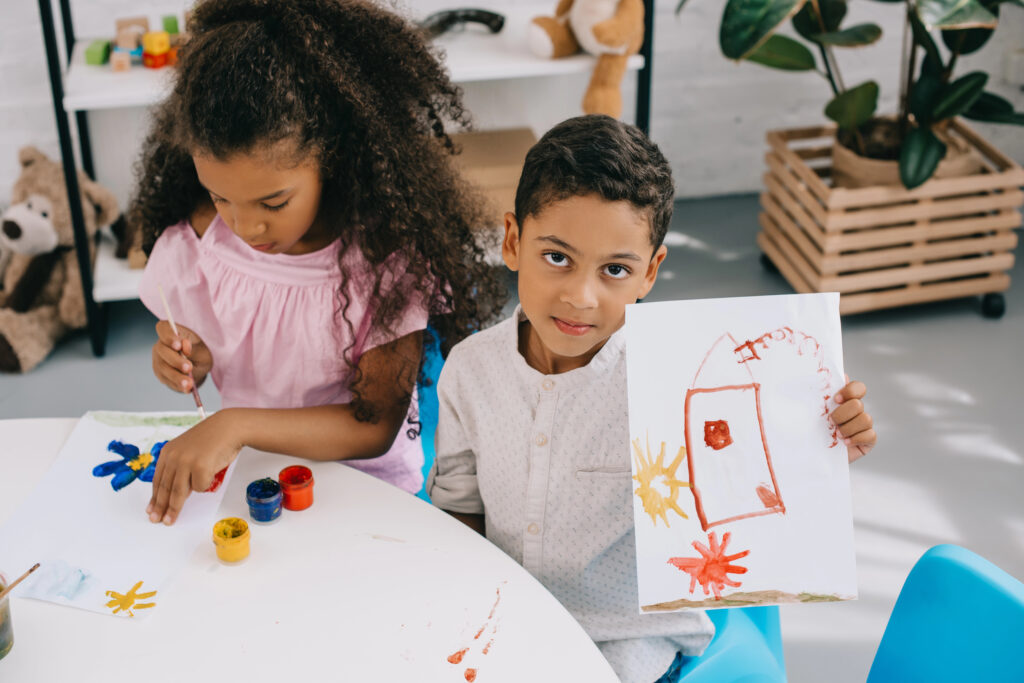
Fine motor skills help with everything from zipping coats to holding pencils. Encourage activities that involve small, controlled movements — like stringing beads, cutting paper, copying shapes, or using tweezers to pick up small objects.
These tiny muscles need regular workouts. Try making playdough snakes, squeezing spray bottles in the garden, or creating sticker mosaics together.
Books to inspire creativity and hand use:
- Harold and the Purple Crayon by Crockett Johnson — Encourages drawing and imagination.
- Beautiful Oops! by Barney Saltzberg — Promotes creativity and confidence through “mistakes.”
- This Is Not My Hat by Jon Klassen — Great for visual storytelling and discussion.
Wrap-Up: Readiness Is a Journey
Kindergarten readiness isn’t a race — it’s a journey filled with small, everyday steps. Your child doesn’t need to be “perfectly ready” in every category. What matters most is that they’re growing, curious, and supported in ways that feel joyful and meaningful.
The Kindergarten Readiness Checklist gives you a framework, not a finish line. It’s a helpful way to celebrate what your child can do while gently guiding them toward what’s next.
So read another book, play that counting game again, and don’t worry if they don’t cut a perfect circle yet. They’re getting ready in all the right ways — and they’ve got you cheering them on.

